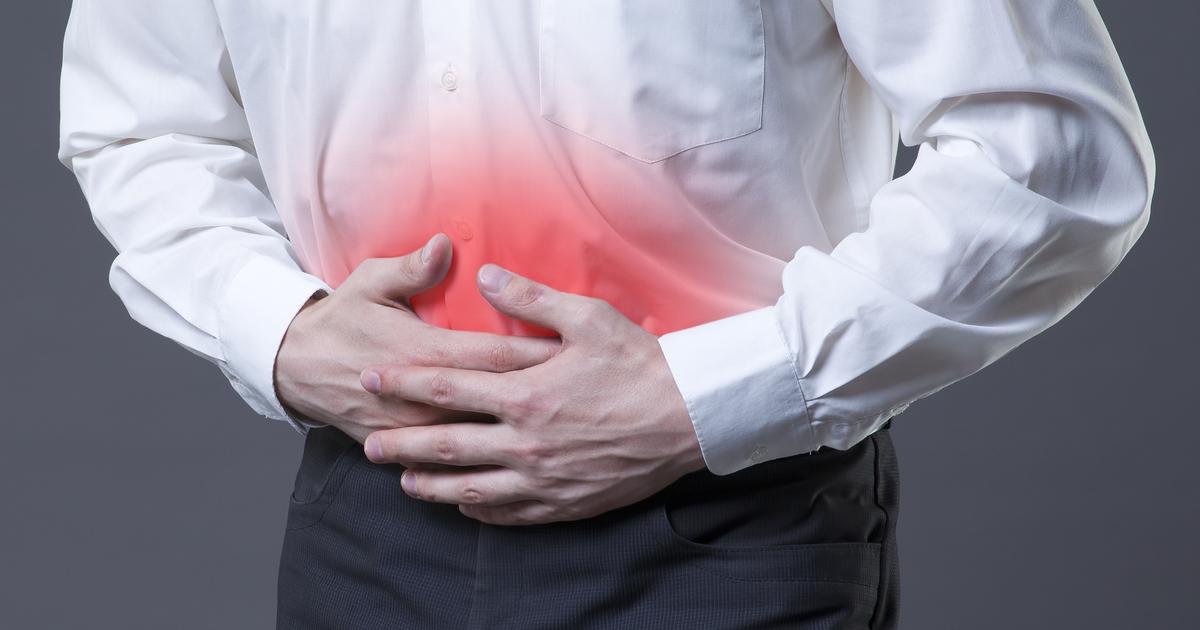Warning Signs Of Food Poisoning
Foodborne illness or food poisoning is a condition that occurs when individuals eat contaminated food. Certain foods may be host to different infectious organisms, including parasites, bacteria, and viruses. In other cases, the food may not be host to the original organism anymore, but it might still contain toxic substances from it. Food can become contaminated at any point throughout the production and processing timeline. When the food is handled or cooked incorrectly in the home, individuals might accidentally contract food poisoning. The symptoms of food poisoning often begin within a few hours following the consumption of the contaminated product, but it might take a little longer in some cases. Most cases of food poisoning are mild, but there are the occasional serious circumstances in which an individual needs to go to the hospital.
Get familiar with the major symptoms seen in food poisoning now.
Nausea And Vomiting

The symptoms of food poisoning will vary slightly depending on what kind of toxin or organism was ingested. Different substances affect the body in different ways, and some are more dangerous than others. However, the classic signs of food poisoning look a lot like the flu. This might be because both the flu and food poisoning are illnesses caused by foreign organisms invading the body. Nausea and vomiting are two of the most characteristic symptoms. Not everyone with food poisoning will vomit or even experience nausea, but the majority will feel a sense of discomfort. Nausea occurs when the digestive system sends signals to the brain indicating something is wrong. This makes individuals feel like their stomach is upset. When individuals vomit, it is their body's way of trying to get rid of the toxin. Food poisoning can sometimes cause a great deal of vomiting, and individuals might dry heave once they have run out of food to throw up. Repeated bouts of vomiting can become very painful and can be taxing on the muscles.
Uncover more warning signs of food poisoning now.
Weakness

One of the potential symptoms of food poisoning is a feeling of weakness throughout the body. Patients might also feel concentrated weakness in certain areas, like specific muscle groups are being targeted. A general feeling of weakness in the body isn't typically cause for concern, provided it's not accompanied by more concrete neurological symptoms. Being tired and feeling weak is common when an individual is fighting off an illness caused by a contaminant. On the other hand, specific muscle weakness is neurological in origin. If an individual is experiencing neurological symptoms of food poisoning, they must seek emergency medical attention. It's possible their food was contaminated by an organism that is now either infecting their brain or causing dangerous pressure to accumulate in the brain. General body weakness occurs during food poisoning because the body releases substances called cytokines, which act as chemical messengers to help fight the infection. Individuals might also become tired if they lose their appetite and don't eat during the illness.
Read more about the symptoms associated with food poisoning now.
Abdominal Pain

Food poisoning will often present with abdominal pain and cramping, which might occur alongside nausea and vomiting. However, abdominal pain is different from nausea. Nausea feels like it exists inside the digestive tract. By comparison, abdominal pain can occur in any area around the body's trunk. It might be difficult to pinpoint the specific source of the pain. Affected individuals might feel like there's pain radiating from their muscles, or it might feel like the source is more internal. Certain invading organisms are capable of creating toxins inside the body. These toxins lead to irritation of the lining of the intestines and stomach. As the lining becomes more and more irritated, the chances of experiencing painful inflammation increase. Inflammation of the stomach or digestive tract can lead to concrete feelings of pain and soreness that are different from nausea and unwellness. Cramping might also occur, since the muscles in the abdomen contract to move the contaminated matter through the body as fast as possible.
Discover additional food poisoning warning signs now.
Fever

A measurable fever isn't necessary to prove someone has food poisoning. However, most pathogens and organisms that cause food poisoning will also trigger a fever reaction in the body. This reaction might be mild enough that it's barely noticeable. In more serious cases, an individual's temperature might rise by a few degrees. Fevers occur when the core temperature of the individual's body becomes higher than it usually is. It is important to note food poisoning isn't the only illness that can lead to a fever. The body tends to raise its core temperature when it experiences any infection or illness from an organism. The substances that produce a fever are called pyrogens. When an individual's immune system detects their body is fighting off an illness, one of its many responses is to release a flood of pyrogens into the bloodstream. The presence of pyrogens leads to a rise in body temperature. As soon as the body's temperature increases, the white blood cells undergo a significant increase in their overall activity level, which means they're more actively capable of fighting the infection.
Uncover more information on the symptoms of food poisoning now.
Diarrhea

Diarrhea, watery and loose stool, is one of the most unpleasant symptoms of food poisoning, and unfortunately, it's also one of the most common. To be officially experiencing diarrhea, individuals must have at least three of these watery stools within twenty-four hours. Not everyone with food poisoning has diarrhea, but it is one of the classic symptoms of food poisoning by some of the most common contaminants. When the contaminant enters the body, it can trigger an inflammatory response from the immune system. The more the inflammation increases, the less effective your bowel is at reabsorbing digestive fluids and water. Ordinarily, the bowel secretes these liquids as part of the digestive process and then absorbs them once digestion is complete. But when the inflammation prevents the bowel from functioning properly, it will sometimes empty the liquids through the rectum alongside any accumulated waste.